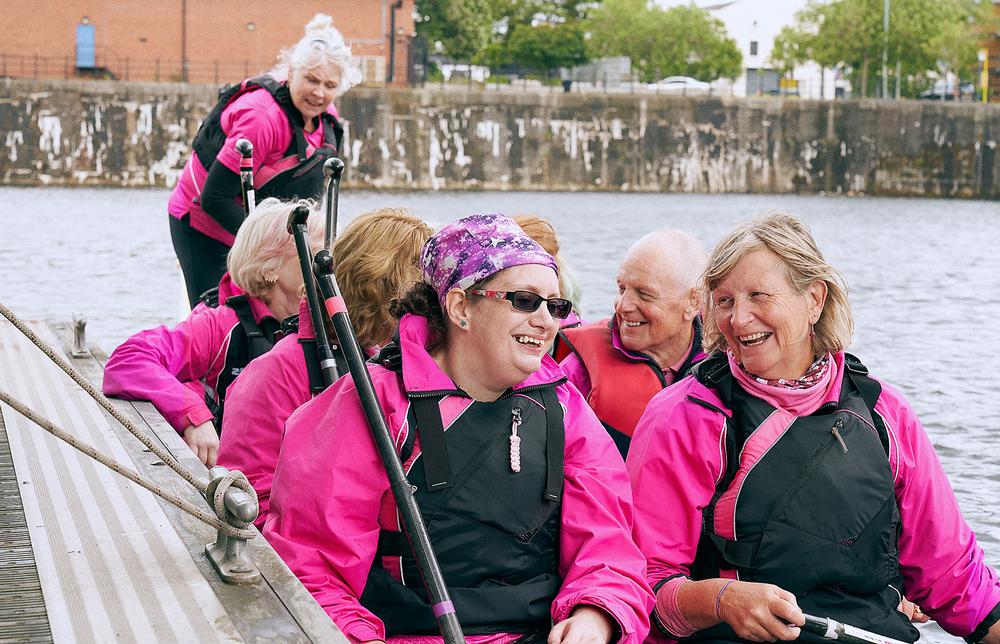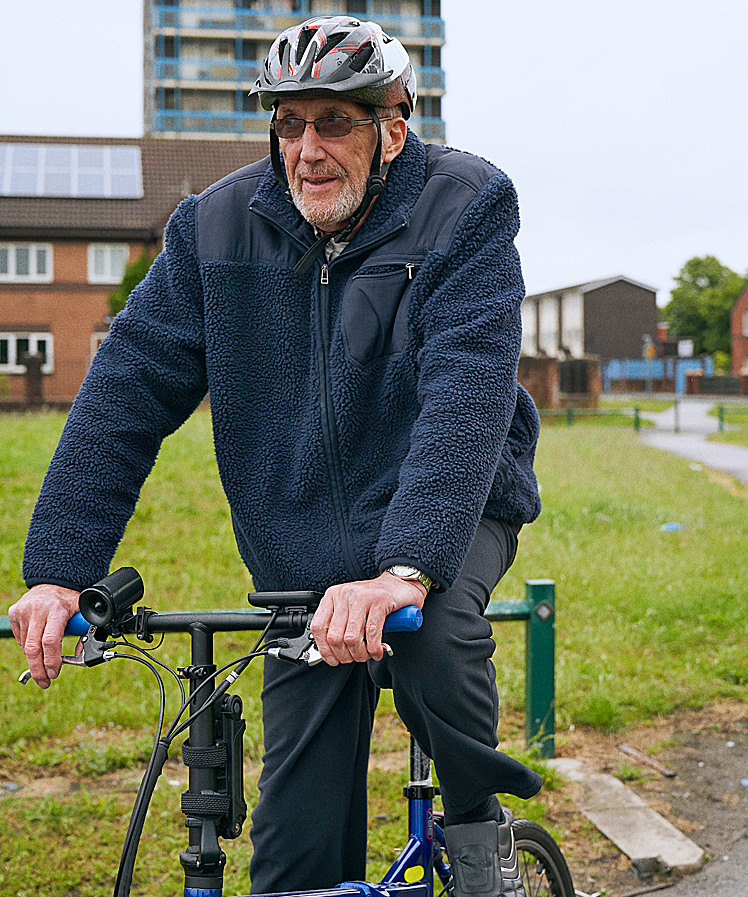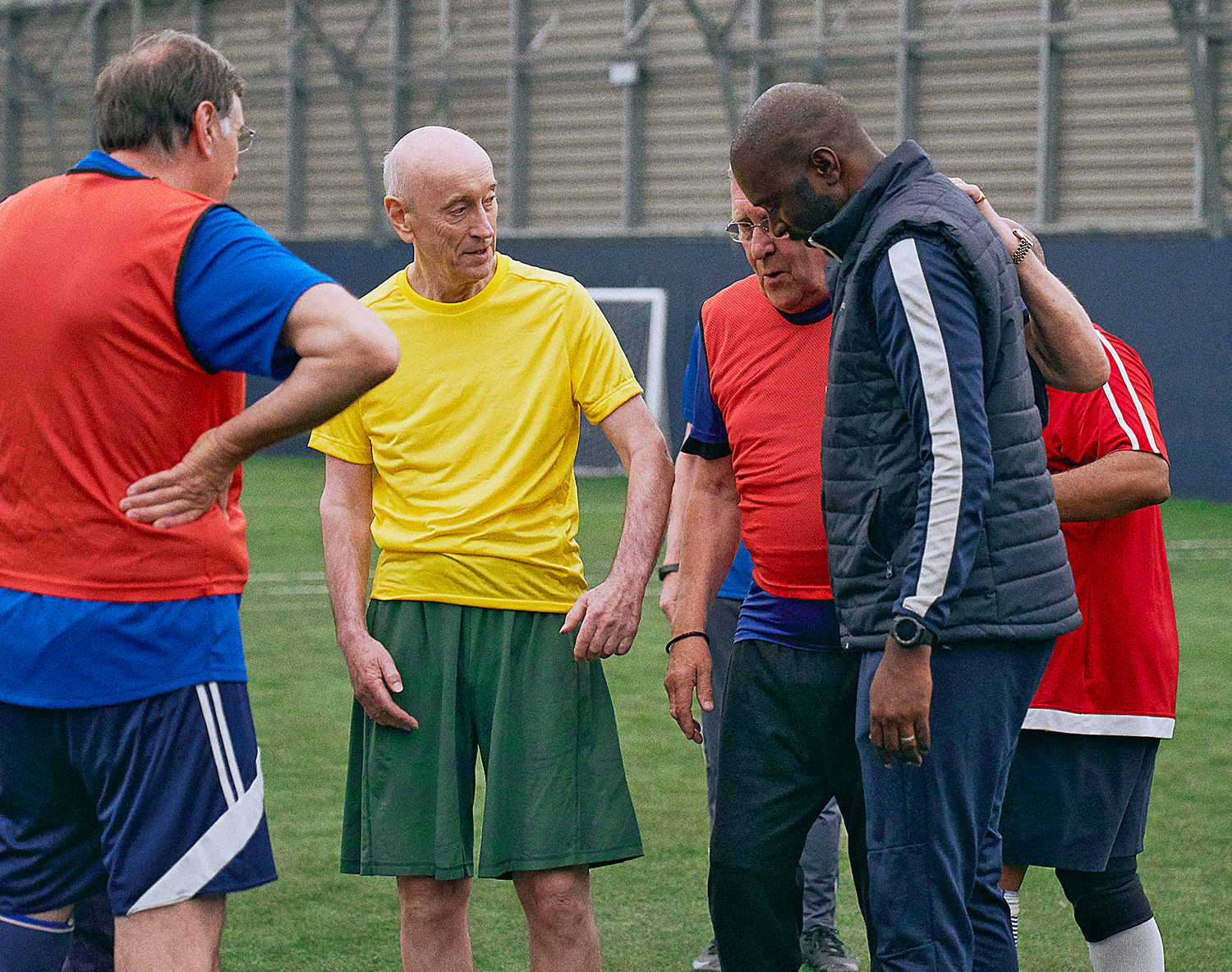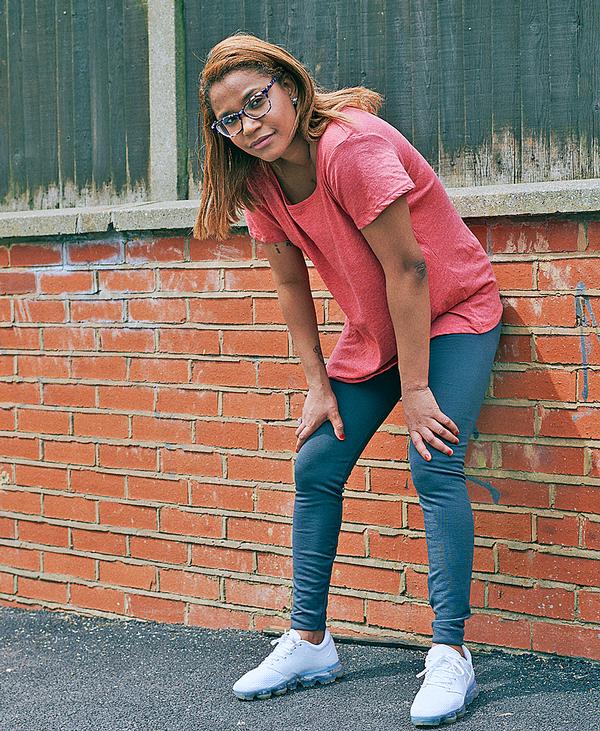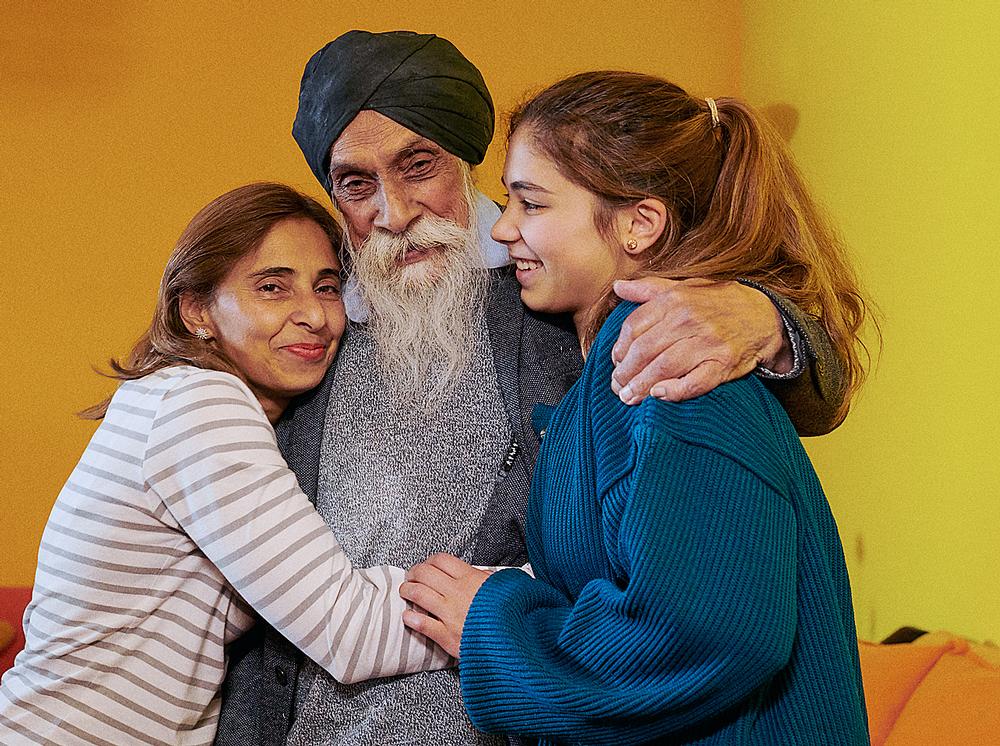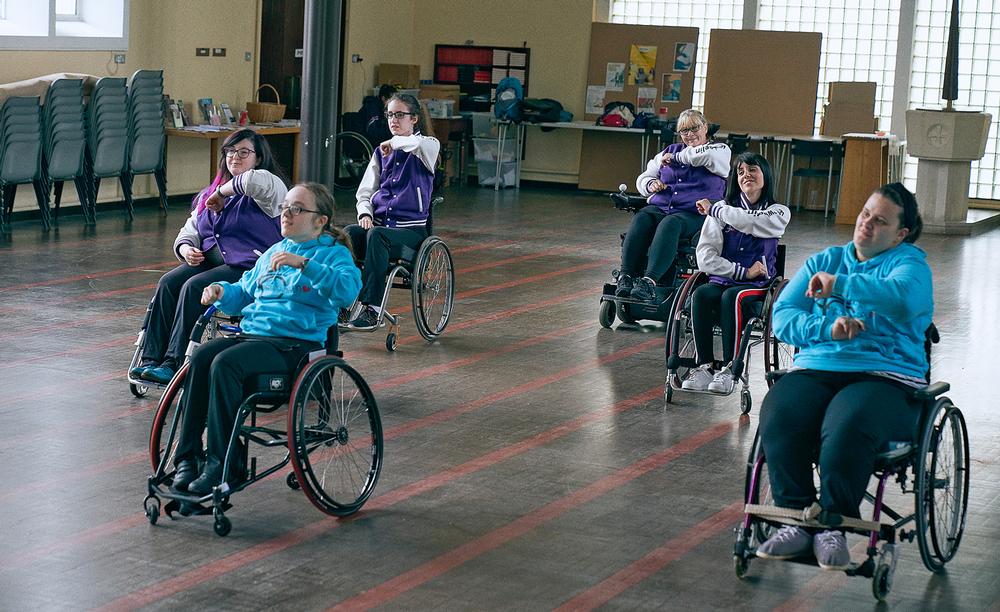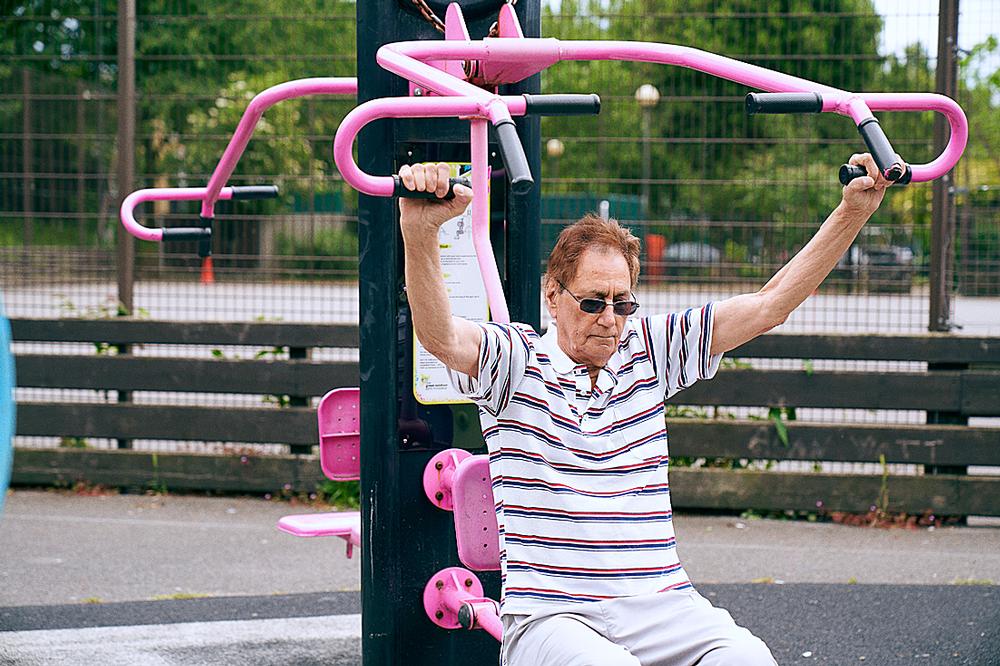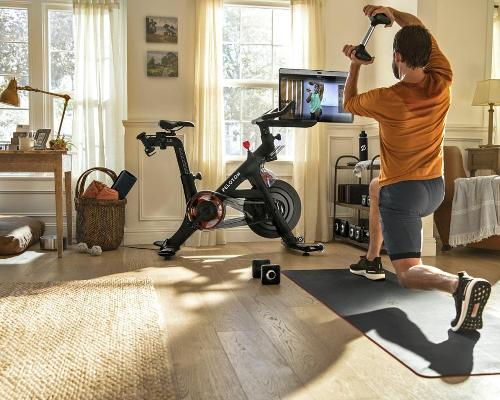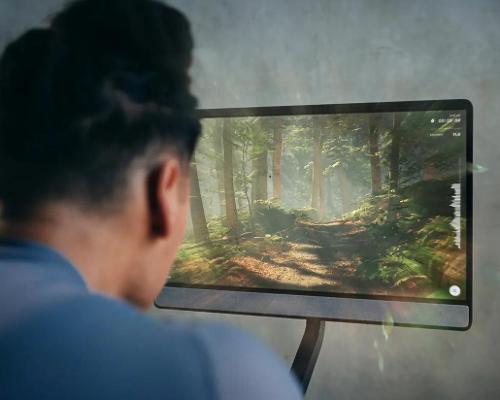Almost half of England’s population has at least one long-term health condition and as we now know, this not only undermines their resilience, it also leaves them vulnerable to COVID-19, which has exacted an especially cruel toll on people with underlying health issues.
This Sport England initiative, called We Are Undefeatable, will help to strengthen our defences against COVID-19 and improve health generally across these population groups.
Although physical activity can reduce the risk of developing further chronic conditions by up to 40 per cent, people with a long-term health condition, or who are disabled, are more likely to be inactive.
Research shows that 41 per cent are inactive, compared to 20 per cent of those without a health condition.
This is a statistic which Sport England is keen to change, particularly as the UK chief medical officer’s physical activity guidelines highlight that moderate physical activity can help manage more than 20 chronic conditions, including coronary heart disease, stroke, Type 2 diabetes, cancer, obesity, mental health problems and musculoskeletal conditions.
According to the Stroke Association, 30 minutes of moderate activity for at least five days a week can reduce the risk of a stroke by more than 25 per cent.
The resulting intervention, the We Are Undefeatable campaign, is a first-time collaboration between Sport England and leading health charities. Each charity has been empowered to find ways to promote and facilitate exercise for their audiences.
Unique approach
“These charities have unique insights into the ups and downs of living with a long-term health condition. Sharing that insight is really important for Sport England and the sport and physical activity sector, so we can learn from it,” says Sarah Ruane, Sport England’s strategic lead for health.
“We’re working collaboratively to bring together our insights and expertise to develop a programme of work to engage and support people to have the best possible life. Our overall ambition is to challenge the status quo, push physical activity higher up the agenda and make sure people are being supported to be more active in a way that works for them.”
Although it might be assumed these charities represent a minority, almost half of the population lives with one or more of these conditions. “It’s all about treating people as people first, not the condition first and supporting them in the best way possible to be active,” says Ruane. “We want it to become the norm that someone with a health condition automatically receives support to become active.”
Removing the barriers to participating in physical activity could have profound benefits for many people’s quality of life and longevity, as Brian Down, deputy chief executive of Rethink Mental Illness points out: “People with conditions like schizophrenia die on average 15 to 20 years earlier than the rest of the population, largely due to preventable physical health problems caused by a number of factors including the side effects of medication.
“We believe that supporting people to become more active will help bring down this scandalous figure.”
Celebrating victories
The insight work showed that the barriers to entry tended to be linked to confidence and motivation, as well as time and energy. Some felt they needed advice on how to go about becoming active. There were also some condition-specific barriers, such as an unpredictable condition making it hard to commit to a routine and the concern that exercise might make it worse. Surprisingly, access and price – often cited as a barrier in Sport England’s research – was considered less of an issue.
The resulting projects will aim to identify and remove the common barriers which are stopping people from exercising. “Although all conditions and all people are different, there was one common issue which kept coming up and that was that all conditions are unpredictable and how people manage them on a day-to-day basis really varies,” says Ruane. “The shared sentiment was that small victories need to be celebrated. That was what brought everyone together and could speak to a large audience.”
Coming out of lockdown
The impact of lockdown lifting and the easing of restrictions is exciting for many, but for those who have been shielding, or self-isolating due to their age or a pre-existing health condition, this news is likely to be met with anxiety and unease.
Consumer research, conducted by We Are Undefeatable in June, highlighted the impact that lockdown lifting is having on people with long term health conditions; 55 per cent of people report feeling anxious about lockdown lifting, with a quarter saying that they are still afraid to leave the house, and one in five admitting to not leaving their home since mid-March – except for emergencies.
Therefore, the next phase of We Are Undefeatable’s campaign will be focused on helping people adjust to life after lockdown, both physically and mentally.
To do this, We Are Undefeatable is introducing new measures, including digital tools, such as a new library of customisable mini-workouts that are perfect for starting out with a new activity and a virtual assistant tool on social media to help with activity planning and motivation.
We Are Undefeatable’s new TV advert is now on air, and shows people navigating the ups and downs of managing their condition, and finding ways to get moving in these unusual times. The advert was shot entirely in lockdown.
More: weareundefeatable.co.uk








